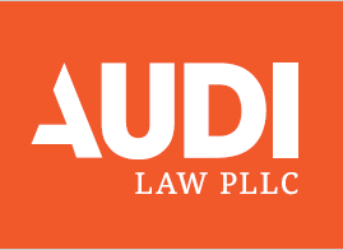There are a number of debt management and debt relief opportunities available for individuals who are struggling with debt. If a single account is giving you trouble and you’ve recently secured an inheritance or a tax refund, exploring a debt settlement arrangement could allow you to move forward unburdened. If you can pay your debts but you incur late fees regularly, consolidating your debt via a debt management plan could be helpful.
If you make so little income that it is unlikely that you’ll be able to repay your creditors any time soon, it might be time to start thinking about filing for Chapter 7 bankruptcy. This opportunity results in meaningful debt relief for hundreds of thousands of Americans each year.
Chapter 7 is only available under limited circumstances
It is important to understand that not everyone is entitled to benefit from the protection and relief that Chapter 7 bankruptcy affords. It is only made available to low-wage earners and their families. This is because a filer’s eligible unsecured debts are discharged outright, with no obligation to repay their creditors.
If this opportunity sounds too good to be true, know that there is a catch for a very minor fraction of filers. Those who own luxury property and other valuable non-exempt assets may be at risk of having that property sold to partially repay their creditors before their eligible unsecured debts can be discharged.
If you have questions about whether filing for Chapter 7 bankruptcy could serve as a meaningful debt-relief solution for your family, don’t hesitate to seek legal guidance. When it comes to reaching one’s financial goals – especially in times of financial crisis – knowledge is truly power.

